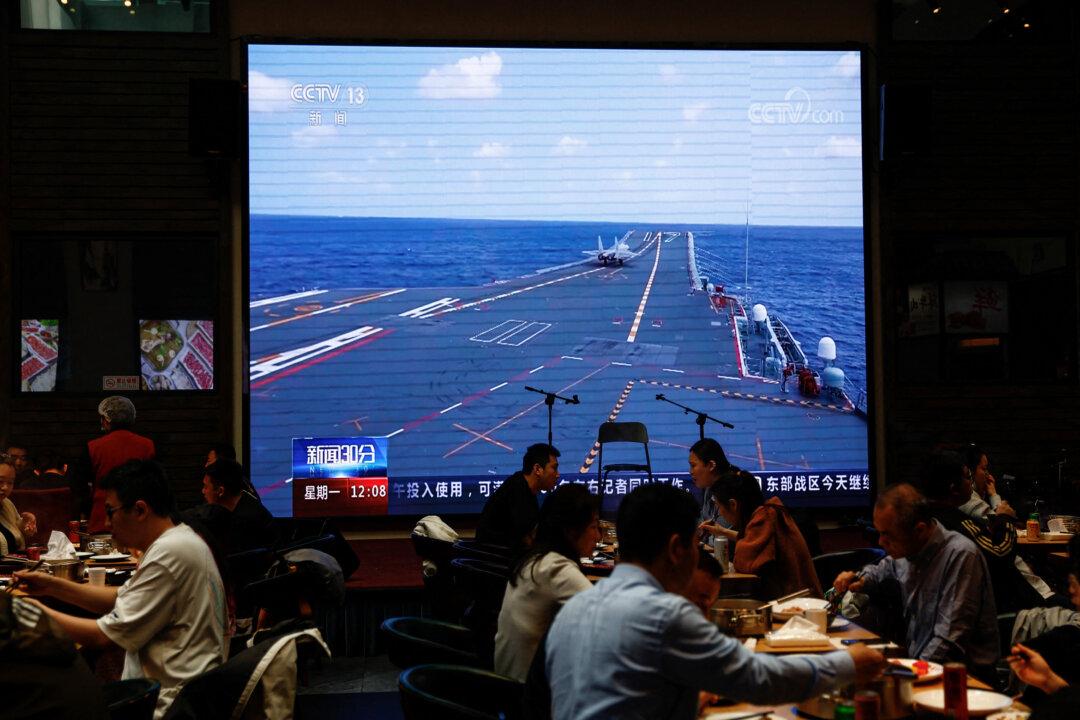The U.S. State Department says that “sufficient resources and capabilities” are in place to ensure peace and stability in the Taiwan Strait as Beijing staged war games around Taiwan for a third day.
“We are comfortable and confident that we have in place sufficient resources and capabilities in the region to ensure peace and stability and to meet our national security commitments,” a State Department spokesperson was cited as saying by Reuters on April 8, as China’s state media reported that the military was conducting simulated joint precision strikes on key targets on Taiwan and its surrounds.





